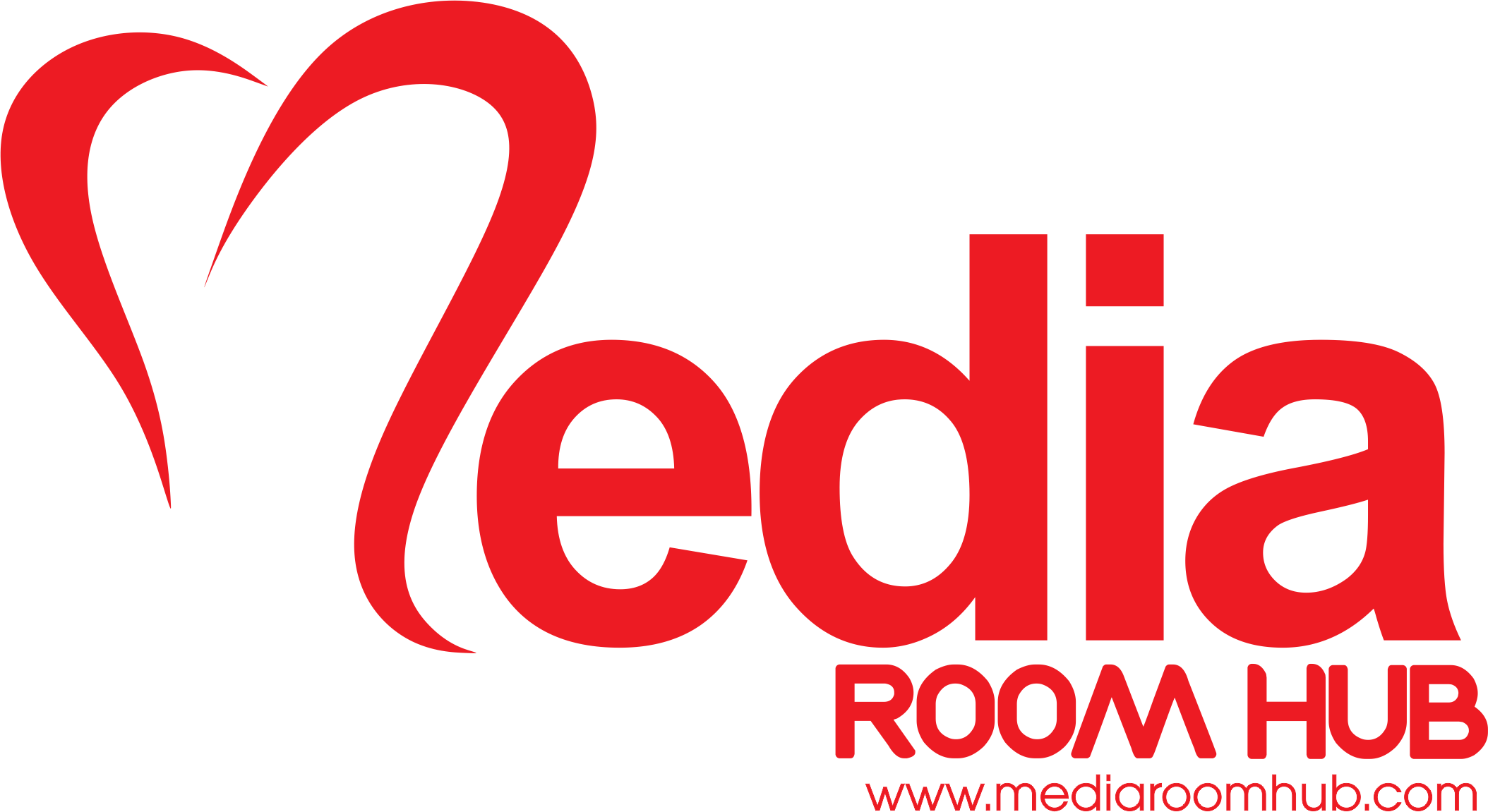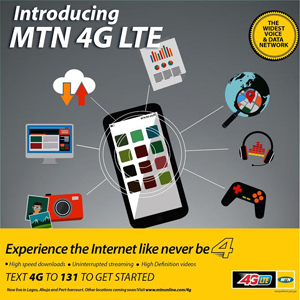

[ad_1]
Many of us that are regular users of the social media platform Twitter will be vaguely familiar with Mentally Aware Nigeria or MANI as it is so often referred to. Whether it’s a Twitter user showing displaying the more obvious signs of suicidal thoughts or it’s an ongoing debate about mental health, MANI seemed to always be referred to.
It may seem like Nigeria and globally we are finally discussing the taboo topic of mental health and as a broad topic with varying subtopics, there is still much work to be done. MANI may not be the first or even the last organization setting out to tackle debunking misconceptions, educating the mass and providing mental healthcare references but they are seemingly the ones at the forefront.
MANI, which was registered and established at the end of 2015 but properly began to roll out mental health awareness campaigns in June 2016 has grown since it’s inception. Its reach has widened, its large amount of volunteers are boldly carrying its flag high and it is slowly becoming a revered source.
But while it has gained momentum and is succeeding in publicly broaching topics like eating disorders, depression and anxiety this non-profit organization is solely the product of one young man’s ingenious thinking: Victor Ugo.
Not many people know much about how MANI began or about its founder. Victor has granted personal interviews but even those are far and few between. He seems most at ease when he is discussing his organization and the goals he has planned for it to achieve.
I was lucky enough to invite him to the 234Star office and got to sit down with him to have a conversation.
When we begin I start with the usual procedure of asking him to introduce himself whereupon he answers, “My name is Victor. (laughs) Victor Ugo and I am supposed to be a medical doctor.”
He seems unwilling to talk much about himself until I mention that I deduced from his Twitter account that he loves to read books and he brightens up slightly by replying, “Yes. Non-fiction and essays.”
When I launch fully into the conversation by bringing up MANI, the young man before me who had been more than a little worried about where he was appropriately dressed for the conversation, is instantly buzzing with energy.
Diamond-Hope: Walk us through a typical day at MANI for you?
Victor Ugo: “Wake up by 4AM. Then I stay in bed for 30 minutes and go over my day. 4:30 I go for coffee very early and while doing that play some music…
D-H: What kind of music?
Victor: (laughs) Rock! (laughs) And sometimes I shake to that. All this time while I’m getting ready I’m going through WhatsApp groups we have. I don’t comment in all of them but the core ones, they have assignment.”
D-H: What kind of assignments do they have?
Victor: “Well like my campaign person maybe has to post a particular video that day and we’re trying to see how to make sure we get the response we want. So he has to tell us how he intends to do that, so it’s in the morning he tells us what he wants to do through the day and then we go ahead to decide on how we can maximize the output.”
D-H: My next question, I know a lot of people have asked you this, but what was the defining moment when you knew ‘Nigeria needs a MANI’?
Victor: “Well at the beginning I didn’t think of it as something that was going to be this big, at the beginning I just did something that was going to be healthy for me to do. I was diagnosed with depression in 2014, I lost someone very close to me and I can’t say I’m over it but *you’ve learned to live with it?* Yes, exactly. It was about 6 months after the loss that I started experiencing the symptoms and I was lucky enough to have friends that recognized the symptoms which was a key thing for me because I felt even as a doctor it wasn’t possible for me to notice and I was great with psychiatry. That’s what mental illness does to you. So it’s important to have people around you that can see those signs and say ‘let’s get you some help’. I was diagnosed, I got on drugs, therapy and I was very disciplined with my treatment and medication which is why I’m able to function normally today. When that happened I thought to myself, if I couldn’t realize it and it took people around me noticing, and they were all doctors, what about every other person out there? People who don’t have an idea and have nobody to point them in the right direction. That was it, it was just to create something that can have a community that people can reach out to.”
D-H: So it took you being depressed to say okay, how am I going to help everyone else?
Victor: “Yeah, well I always had it in mind to do something on research, on academia, advocacy and policy for health but I thought it was going to be on insurance because I had a plan for a medical insurance, a structure in place when I was done with school. I knew what wanted with that but then I decided to change it all to mental health.”
D-H: Social media has played a big role in your organization and it’s really just the most affordable resource you had at your disposable right?
Victor: “We had internet and we knew that about 18 million people use the internet and social media in Nigeria so why not just capitalize on that number and see how many you can get to support your cause.”
D-H: Using social media for advocacy and awareness of mental health don’t you think there are demographics missing out on being informed because not everyone uses the internet?
Victor: “Yes, sure but it’s a step by step thing, we can’t the dedicate the limited resources we have to those demographics we want to make sure we start with those that we can reach and achieve then we get the numbers, we get the capacity to start reaching out to those we haven’t reached. We’ve had lot of failures and we’ve had a lot of victories as well so far.”
D-H: How did the people around you take your decision to quit clinical practice to pursue your dream of achieving MANI?
Victor: “I don’t have much family, (laughs) that I listen to anyway but my parents were a bit skeptical about it. But when they started seeing the interviews, the frequent traveling and me teaching in schools they felt okay it’s not such a bad decision.”
D-H: There is a misconception that mental illness is synonymous with depression, but mental illness has other things aside from depression like PTSD and anxiety. How have you taken steps to dispel this misconception?
Victor: “We started that from the beginning when we started taking on different mental illnesses every month. We take on different topics each month and we try to make people understand that all of these are mental illnesses.”
D-H: Postnatal depression is something I feel is still very much a taboo topic when addressing aspects of depression. How are you addressing that group of young women and mothers?
Victor: “In November 2016, we had a week for postnatal depression, which obviously isn’t enough, there’s so much we have to do. But I have a very good friend whose organization caters to that demographic already so we left it up to them.”
D-H: You engage with a lot of depressed people everyday but how do you handle taking care of your own mental health?
Victor: “That’s why I have a rhythm. Initially I met a social rhythm therapist, unfortunately we don’t have them in Nigeria sadly but I was lucky to meet one and I found a rhythm. I have a diary, I’ve kept a diary since I was 12 (laughs) I even have an oral diary which I dictate to because I feel like that’s the best way to express myself and I’m very detailed and descriptive too. I still go for therapy as well.”
Watch the interview with Victor Ugo below:
[ad_2]























